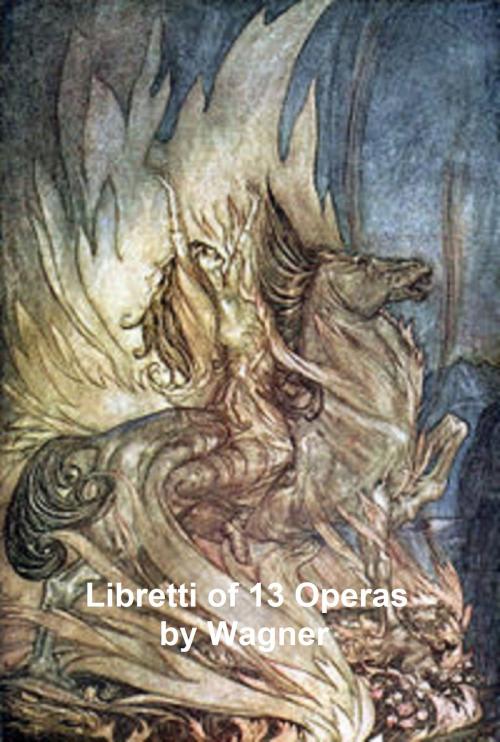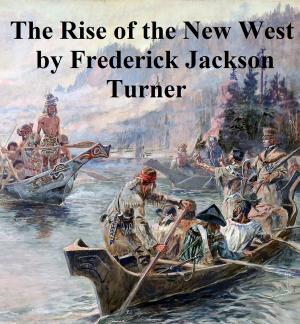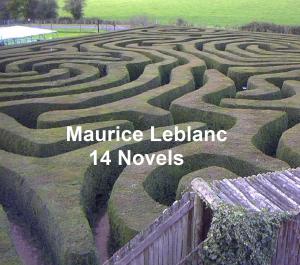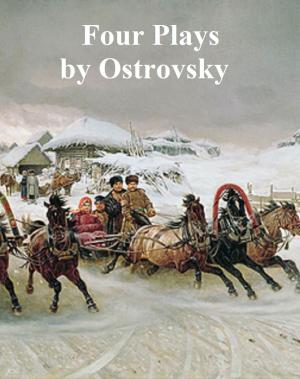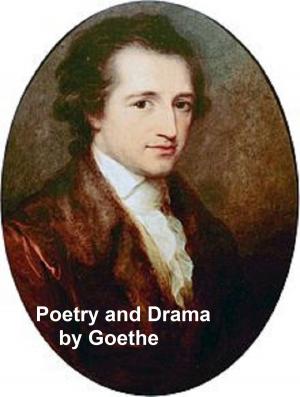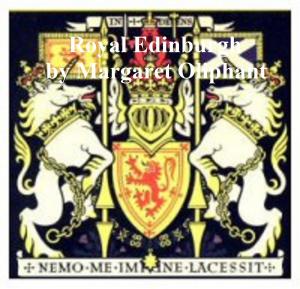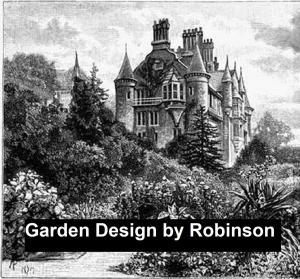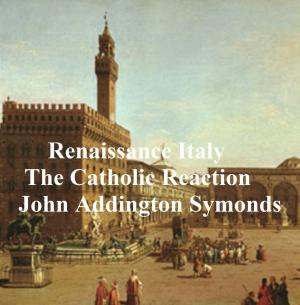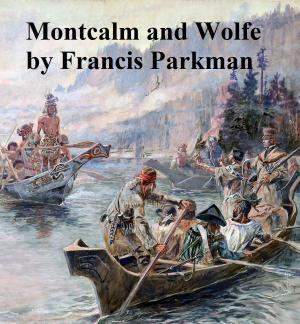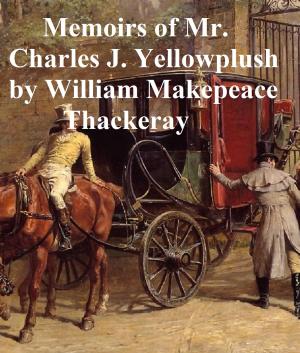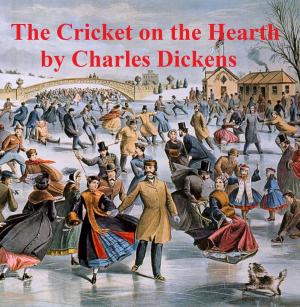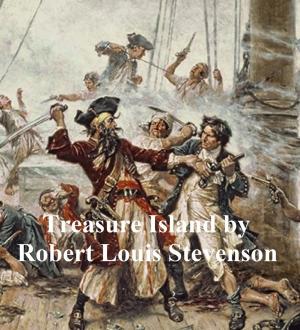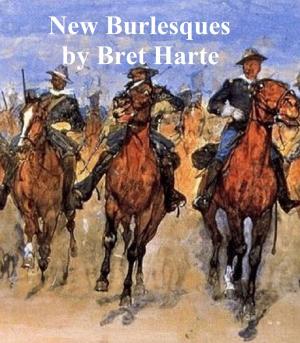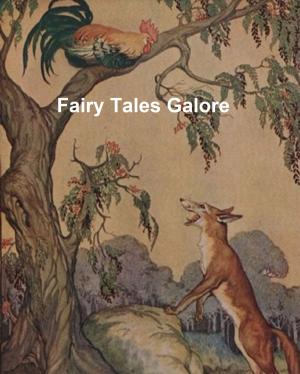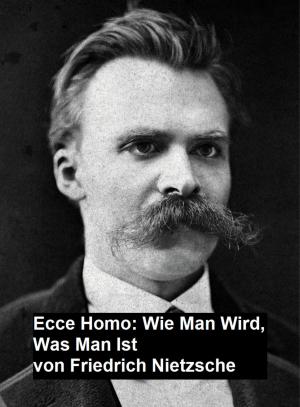Wagner: libretti of 13 operas
Nonfiction, Entertainment, Music, Music Styles, Classical & Opera, Opera| Author: | Richard Wagner | ISBN: | 9781455392667 |
| Publisher: | Seltzer Books | Publication: | December 4, 2017 |
| Imprint: | Language: | English |
| Author: | Richard Wagner |
| ISBN: | 9781455392667 |
| Publisher: | Seltzer Books |
| Publication: | December 4, 2017 |
| Imprint: | |
| Language: | English |
This file includes (in the original German): Das Liebesverbot; Der Fliegende Holländer; Die Feen; Die Meistersinger von Nuernberg; Lohengrin Der Ring des Nibelungen" (Das Rheingold; Die Walküre; Siegfried; Götterdämmerung); Parsifal; Rienzi; Tannhäuser; Tristan und Isolde. According to Wikipedia: "Wilhelm Richard Wagner (22 May 1813 13 February 1883) was a German composer, conductor, theatre director and essayist, primarily known for his operas (or "music dramas", as they were later called). Unlike most other opera composers, Wagner wrote both the music and libretto for every one of his works. Wagner's compositions, particularly those of his later period, are notable for contrapuntal texture, rich chromaticism, harmonies and orchestration, and elaborate use of leitmotifs: musical themes associated with particular characters, locales or plot elements. Wagner pioneered advances in musical language, such as extreme chromaticism and quickly shifting tonal centres, which greatly influenced the development of European classical music. He transformed musical thought through his idea of Gesamtkunstwerk ("total artwork"), the synthesis of all the poetic, visual, musical and dramatic arts, epitomized by his monumental four-opera cycle Der Ring des Nibelungen (1876). To try to stage these works as he imagined them, Wagner built his own opera house, the Bayreuth Festspielhaus."
This file includes (in the original German): Das Liebesverbot; Der Fliegende Holländer; Die Feen; Die Meistersinger von Nuernberg; Lohengrin Der Ring des Nibelungen" (Das Rheingold; Die Walküre; Siegfried; Götterdämmerung); Parsifal; Rienzi; Tannhäuser; Tristan und Isolde. According to Wikipedia: "Wilhelm Richard Wagner (22 May 1813 13 February 1883) was a German composer, conductor, theatre director and essayist, primarily known for his operas (or "music dramas", as they were later called). Unlike most other opera composers, Wagner wrote both the music and libretto for every one of his works. Wagner's compositions, particularly those of his later period, are notable for contrapuntal texture, rich chromaticism, harmonies and orchestration, and elaborate use of leitmotifs: musical themes associated with particular characters, locales or plot elements. Wagner pioneered advances in musical language, such as extreme chromaticism and quickly shifting tonal centres, which greatly influenced the development of European classical music. He transformed musical thought through his idea of Gesamtkunstwerk ("total artwork"), the synthesis of all the poetic, visual, musical and dramatic arts, epitomized by his monumental four-opera cycle Der Ring des Nibelungen (1876). To try to stage these works as he imagined them, Wagner built his own opera house, the Bayreuth Festspielhaus."
